Castronovo and Sanfilippo
A Generalized Notion of Conjunction for Conditional Events
Traditionally the conjunction of conditional events has been defined as a three-valued object. However, in this way classical logical and probabilistic properties are not preserved. In recent literature, a notion of conjunction of two conditional events as a suitable conditional random quantity, which satisfies classical probabilistic properties,vhas been deepened in the setting of coherence. In this framework the conjunction (A|H) \wedge (B|K) of two conditional events A|H and B|K is defined as a five-valued object with set of possible values \{1,0,x,y,z\}, where x=P(A|H), y=P(B|K), and z=\mathbb{P}[(A|H) \wedge (B|K)]. In this paper we propose a generalization of this object, denoted by (A|H) \wedge_{a,b} (B|K), where the values x and y are replaced by two arbitrary values a,b \in [0,1]. Then, by means of a geometrical approach, we compute the set of all coherent assessments on the family \{A|H,B|K,(A|H) \wedge_{a,b} (B|K)\}, by also showing that in the general case the Fréchet-Hoeffding bounds for the conjunction are not satisfied. We also analyze some particular cases.
Finally, we study coherence in the imprecise case of an interval-valued probability assessment and we consider further aspects on (A|H) \wedge_{a,b} (B|K).

